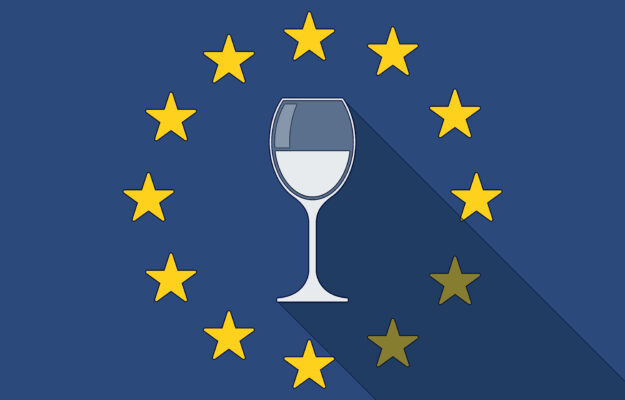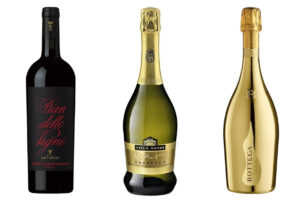Maintain the centrality of the wine sector, continuing to consider it as a unique agricultural product even in the post-2027 CAP, at least maintaining the current economic resources (provided by the Wine CMO, but not only) for its support and promotion, simplifying the bureaucracy to access this measure; provide for more flexibility on every aspect, including that of controlling production potential, carefully considering measures such as deferred restructuring and vineyard grubbing-up; combine fundamental policies to combat climate change with the economic sustainability of wine businesses, in a line of reasoning that also applies on the health front, for policies related to the sphere of well-being and public health, taking into account the positive value of the Mediterranean Diet, which also includes moderate wine consumption. These are the indications that have emerged from the wine supply chains of Italy, France and Spain, brought together today in Brussels at the first meeting of the “High Level Group” on the sector set up by the EU Commission to map out the future of a sector grappling with profound changes in consumption patterns, climate change, and difficulties related to international tensions, inflation and declining purchasing power, with a future all to be written for a sector that, as recalled in recent months by the Pwc research for the Ceev (European Committee of Wine Enterprises) “on the economic and social impact of the wine sector in the EU,” between viticulture, wine industry and marketing, is worth 100.3 billion euros, with these three phases creating a contribution to the Gross Domestic Product (GDP) of 130 billion euros, or 0.8% of the EU total. Speaking, at this first meeting, were representatives of the supply chain at the European level (from Arev - Assembly of European Wine Regions, to Ceev, Comité Européen des Entreprises Vins, from Cevi, the European Confederation of Independent Winegrowers, to Copa-Cogeca, representing cooperatives, via Ecvc, the European Coordination of Via Campesina, and for Efow, the European Federation of Origin Wines) which, as WineNews reports, is expected to be followed by another meeting in the coming weeks with institutional representatives of the different EU countries, and then by early 2025 to finalize recommendations in Brussels to address the challenges of the Union’s wine sector.
Which, for the most part, are already outlined in the document signed by the supply chain representatives of the three main producing countries, Italy, France and Spain, which together are worth more than half of the world’s wine production (to sign it, for Italy, Alleanza delle cooperative italiane agroalimentari, Assoenologi, Cia-Agricoltori Italiani, Coldiretti, Confagricoltura, Copagri, Federdoc, Federvini, Fivi and Unione Italiana Vini, ed.).
Copyright © 2000/2026
Contatti: info@winenews.it
Seguici anche su Twitter: @WineNewsIt
Seguici anche su Facebook: @winenewsit
Questo articolo è tratto dall'archivio di WineNews - Tutti i diritti riservati - Copyright © 2000/2026







































































































































































































